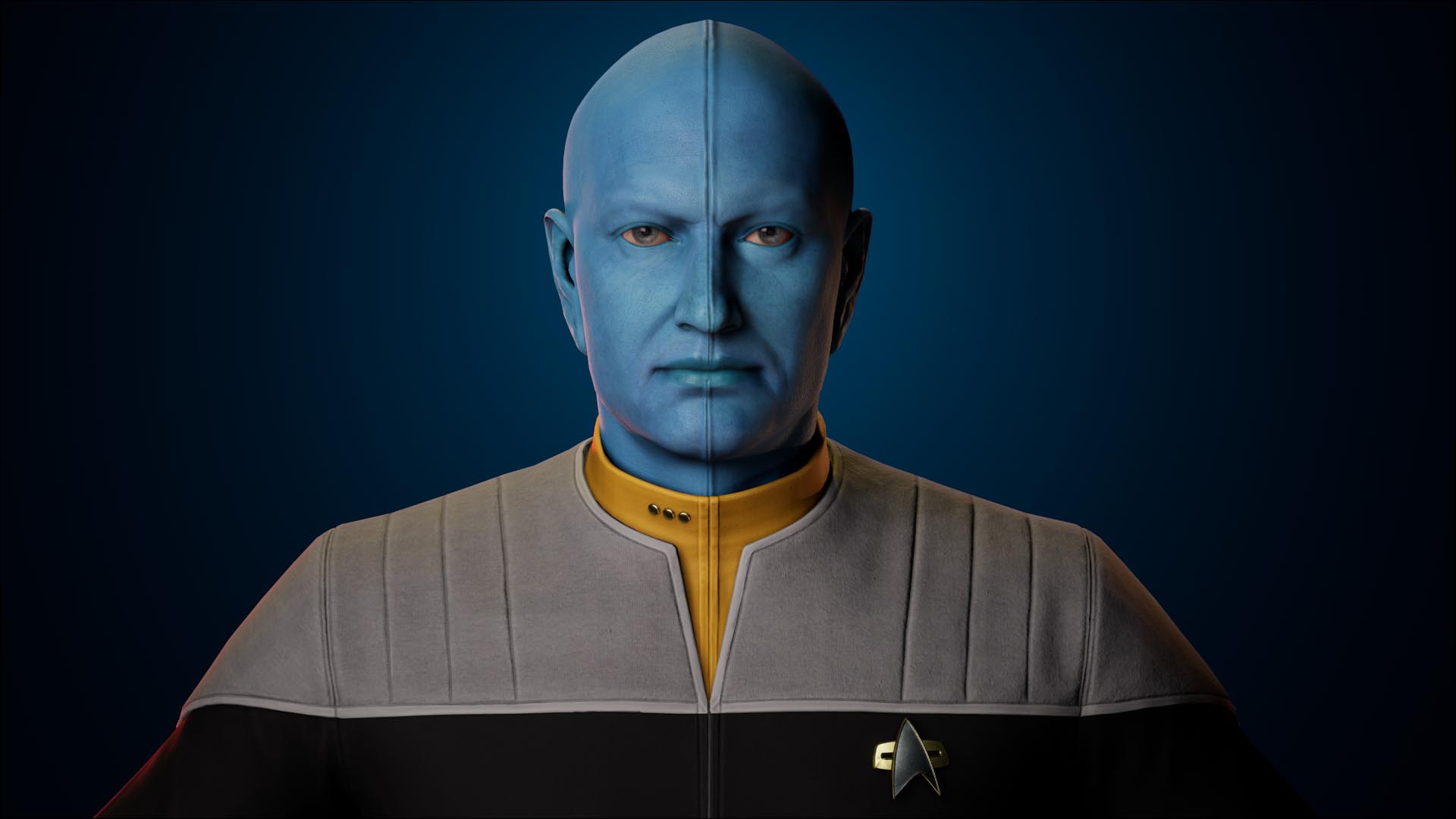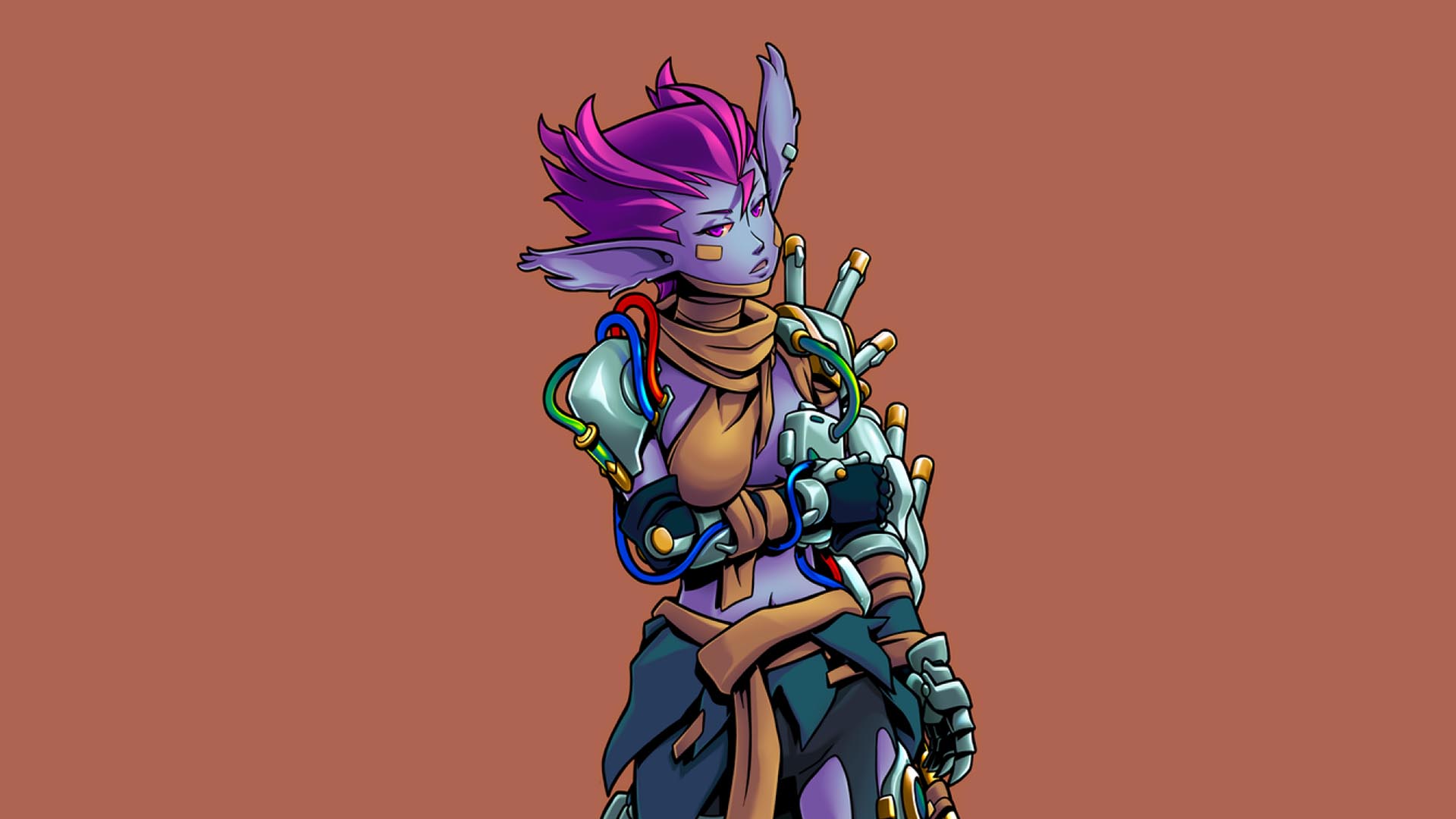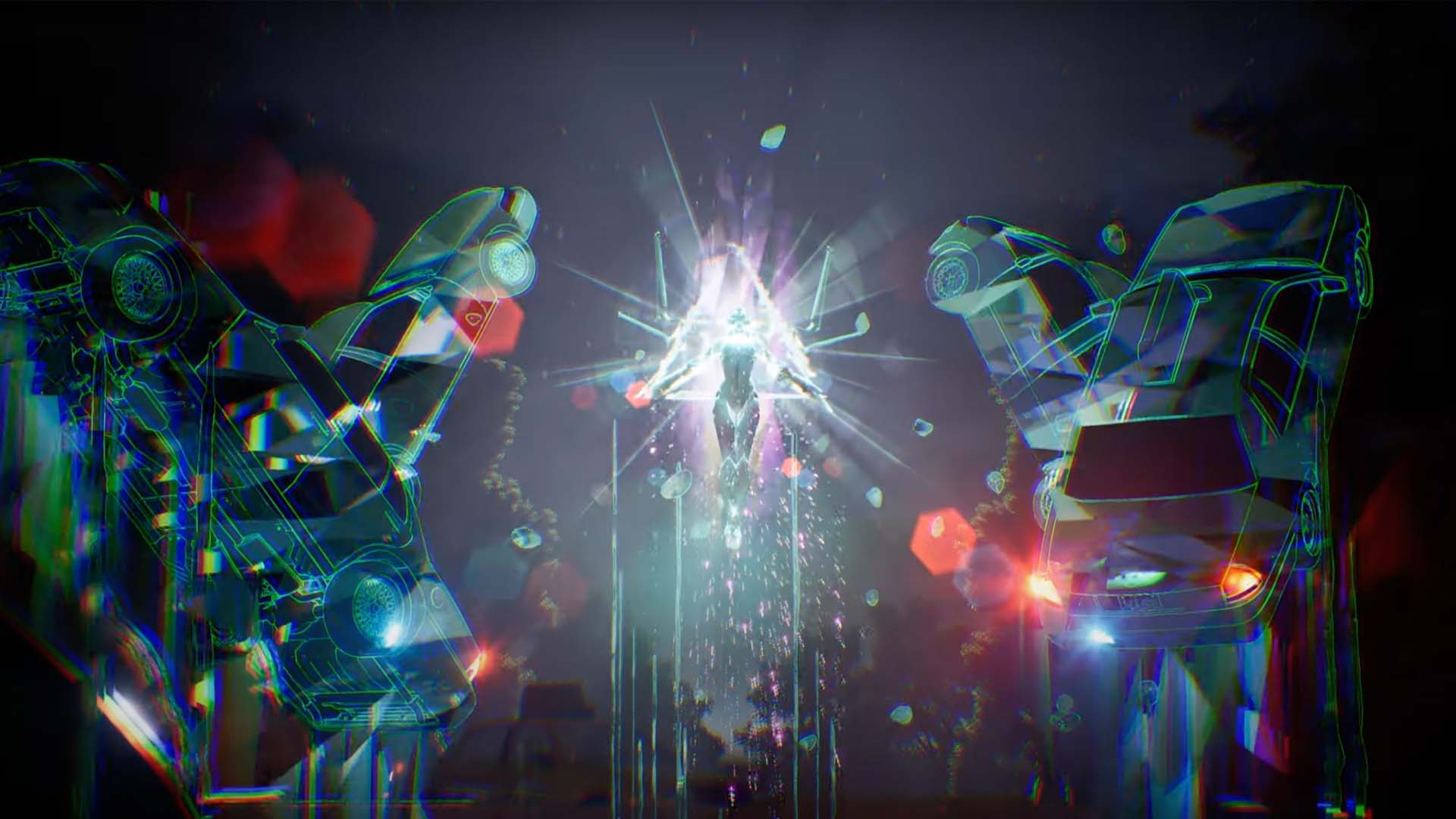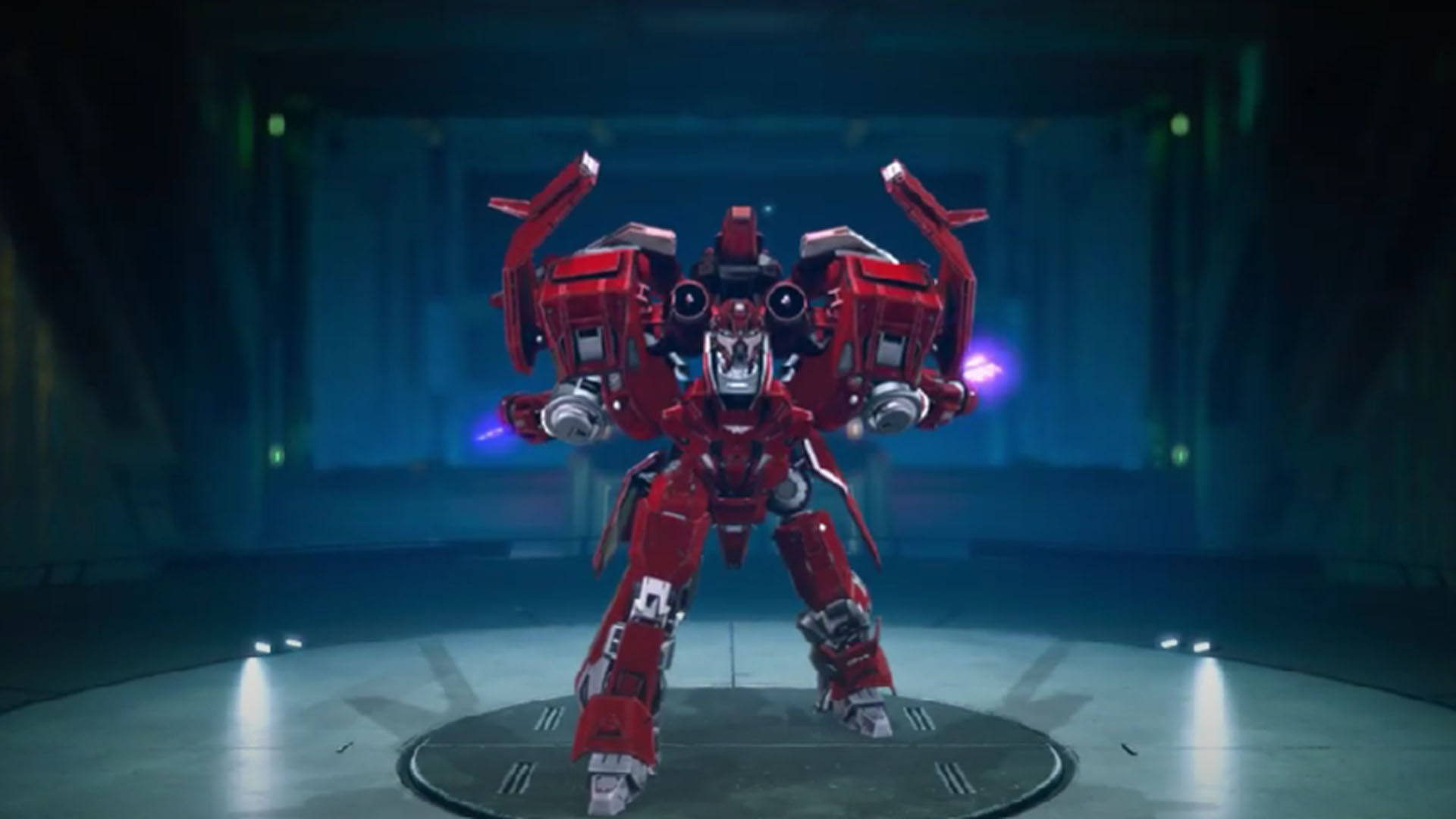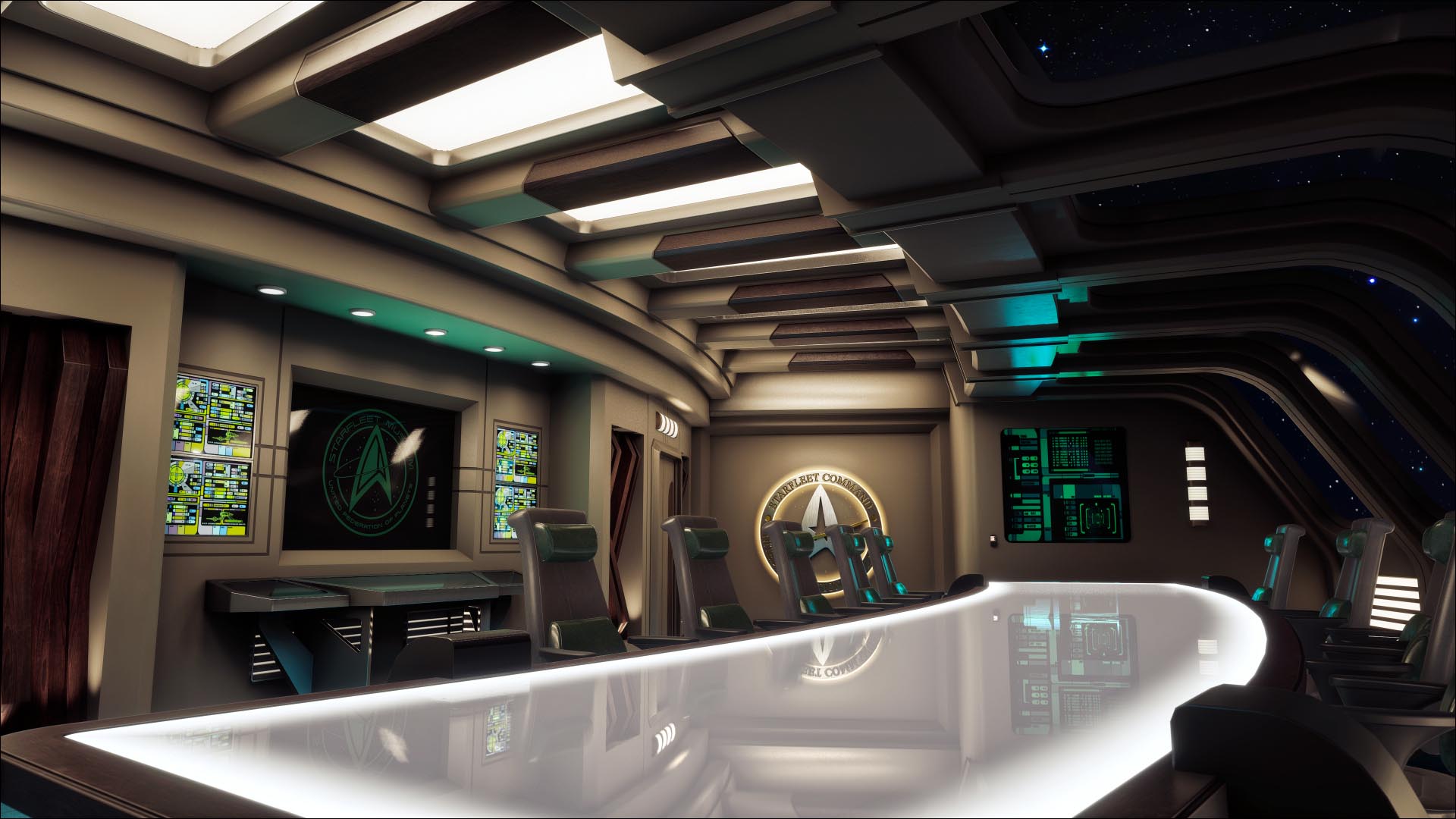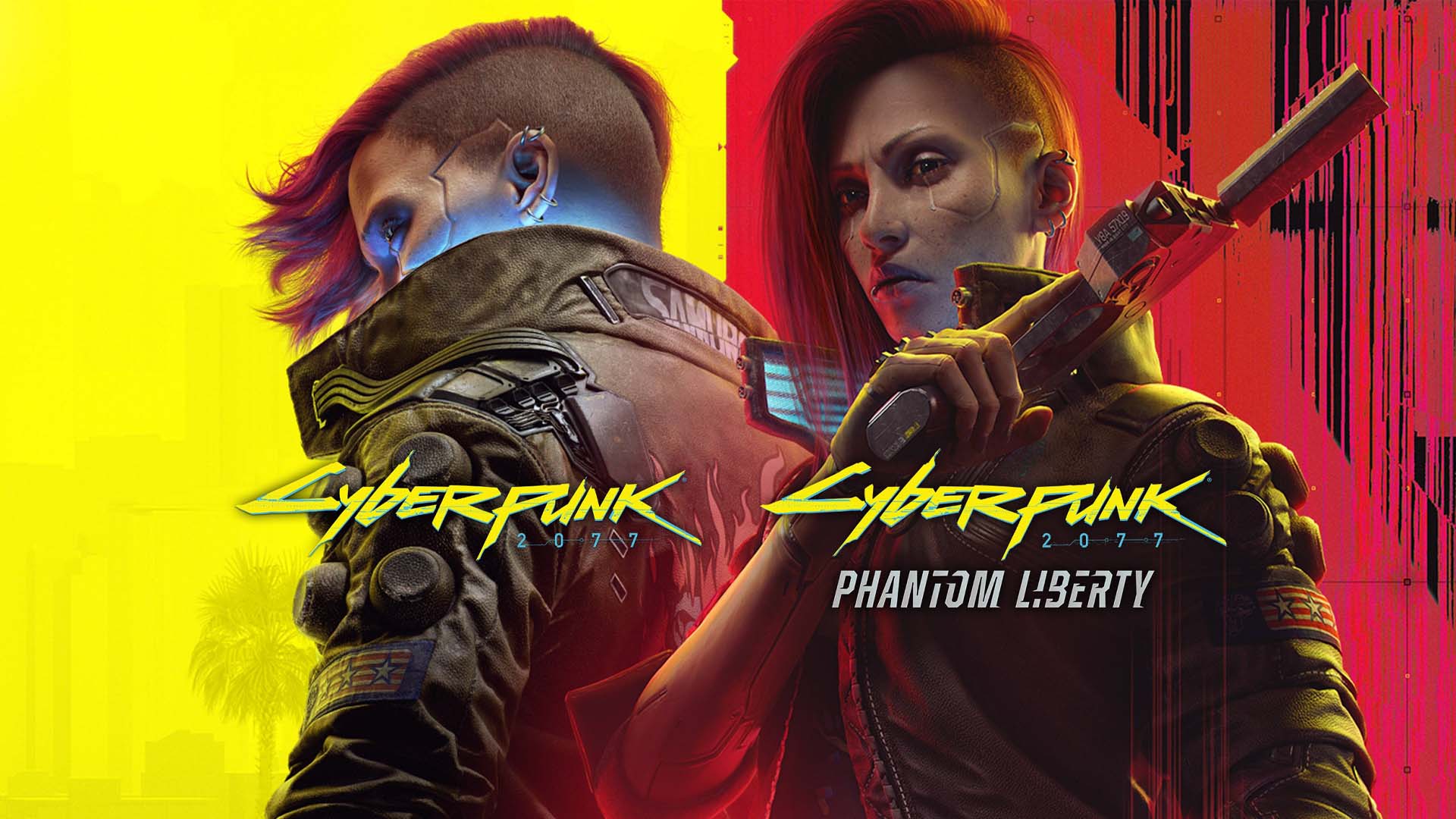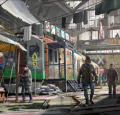Role-playing games (RPGs) have captivated players for decades, offering immersive experiences that transport gamers to fantastical worlds. They allow players to dive into a character, create their own spin on the narrative, and make their own choices. Often, we all just want to see ourselves in a piece of media.
But what makes a role-playing video game truly stand out? At Magic Media, we’ve uncovered the secrets to creating unforgettable RPGs that keep players coming back for more. Dive in as we reveal the key elements that make an RPG exceptional.
Understanding Role-Playing Video Games
Before we delve into the magic, let’s just focus on the genre name for a moment. It’s an important thing to keep in mind as you go about creating a role-playing game. Every genre, every title, every game has a bottom line to return to. With RPGs, it’s simple.
RPG stands for role-playing game. Whether you’re navigating dungeons or exploring vast open worlds, RPGs offer players the chance to step into the shoes of their characters and shape their own destinies. You are giving players a role to play, either one prompted or one generated entirely by the player themselves. Always remember as you go about crafting a game’s design, a game’s environment, a game’s narrative and its characters, that you are giving players the opportunity to instil their own choices and voice into it.
Role-playing video games thrive because they can feel real and responsive based on our choices, our actions. That input, that involvement is integral to any great role-playing game. Don’t forget it!
5 Tips for Great Role-Playing Games
Beyond that core message to remember, creating a successful RPG requires more than just stunning graphics and epic soundtracks. Here are five essential tips to stand out as an RPG and not just an adventure or action game:
1. Engaging Storylines
As we said, these games are entirely driven by a player’s immersion, engagement, and agency. At the heart of every great RPG is a compelling narrative because without a compelling narrative, why bother making any choices? The stakes must be interesting and compelling. The goal in any great RPG is to draw players into a world where their choices matter. A well-crafted story keeps players invested and eager to see what happens next.
2. Player Agency
We sound like a broken record already! However, there’s a reason we can’t let you forget this point. Genuine agency is crucial to any great role-playing video game. Players should feel in control of their characters, making decisions that have meaningful consequences. This involvement enhances immersion and personal investment in the game. A good narrative designer will be able to craft a story and the choices within it to make players feel like their choices are real and matter.
A great narrative designer can do that while hiding the fact that many choices might not really matter! Regardless, the meat of it is players feeling like they have true agency over their experience.
3. Believable, Compelling Characters
This seems obvious but many miss the mark. Interesting characters are more than just archetypes. A compelling figure in any piece of media is one that is flawed, complex, and relatable. Players connect with characters who feel real, not just placeholders ticking a box. Just as in life we don’t like putting people into categories that define them, characters should be fleshed out and made to feel real. People are 3D, not cardboard cutouts.
You can save the shallow characters for passing NPCs but any that will engage players in a sufficient manner need to be real. People are complicated and sometimes they’re illogical and rash. Sometimes they’re deeply flawed.
You don’t need your players to like every character. But every major NPC and major player in your role-playing game must be compelling. Don’t skimp on good characters and strong dialogue for them.
4. Enchanting Environments
The world itself should be a character. If you approach your environmental design like this, you can easily begin to tell stories and improve the depth of narrative seamlessly through the environment itself.
Aside from narrative, designing environments that are both beautiful and functional encourages exploration. A well-crafted setting enhances storytelling and keeps players engaged. However, decent rewards for exploration will absolutely draw more players who might spot more details and pay more attention to the world and experience your team has crafted.
5. Balanced Mechanics
While story and characters are vital, gameplay mechanics must also shine. A balance between challenge and fun ensures players remain engaged without feeling frustrated. RPGs are all about progression and growth. Both in character development and in literal mechanical skills and stats.
Consider the basic narrative outline of the rise and fall to climax and finale. Build around consistent, rewarding challenges and growth for players. In addition, there are elements of previous tips that can be integrated into your mechanics.
Dishonored, which had RPG elements, had the world reflect the impact of your actions. The city of Dunwall grew more chaotic and dangerous the more violent and lethal the player chose to be. This is a powerful result for any RPG experience and an excellent example of storytelling and gameplay mechanics interacting.
Building RPG Characters Players Love
Characters are the heart of any RPG. Players should encounter individuals who are as complex as they are compelling. By crafting characters with depth—those who have their own motivations, fears, and dreams—you create a world that feels authentic. Remember, players are more likely to invest emotionally in characters who are relatable and flawed, rather than perfect heroes or villains.
Focus on the word compelling rather than likeable. People love Darth Vader, but he’s not likeable. Audiences feared Lord Vader in his initial appearances and were wary of the dangerous bounty hunter, Boba Fett. But they were interesting and compelling for different reasons. In this way, they are loved decades past release. Aim for compelling, interesting, and realistic characters if you’re looking for a great role-playing game.
Why Some RPGs Stand Out
What sets extraordinary RPGs apart from the rest? It’s the seamless integration of everything we’ve mentioned. Narrative, character, and gameplay. These RPGs that stand out offer players genuine choices and consequences, making them feel like active participants in the story. By prioritizing player investment in the world and its stakes, these RPGs create unforgettable experiences that resonate long after the game is completed.
Characters, narratives, and worlds are remembered as much individually as the entire experience. God of War 2018 is remembered as much for its incredible representation of Norse mythology and its pantheon, as it is for a deeply personal father-son story. The world is awe-inspiring and jaw-droppingly beautiful, the combat is engaging and has depth, the story is simple but brilliantly executed, and the characters are realistic. Bringing them all together means an unforgettable gaming experience.
Ready to embark on your next adventure? At Magic Media, we understand the magic behind these elements and are dedicated to helping bring unforgettable RPG experiences to life. Discover how our full-cycle game development and game design teams can elevate your game development journey. Whether you’re a seasoned developer or new to the industry, our expertize in game art, game VFX, and more can help you create the RPG of your dreams. Get in touch today and let’s create magic.

